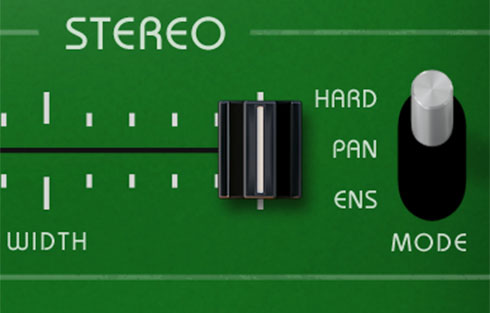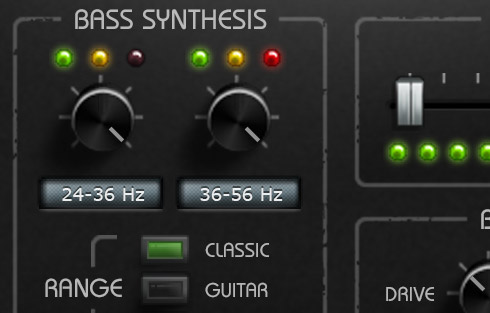Note: Cheeseverb has been replaced by Bucketverb
Features
- Analog modeled bucket brigade (BBD) reverb
- Variable stereo width, even for mono sources
- Dark ambience from a lost era of technology
Audio Samples
Each selection plays dry first, then is repeated with the effect added.
Cheeseverb - Jazz Brushes
Cheeseverb - Jazz BrushesSize 70%, Decay long, Width 85%, Mix 40%, Panimation off
Cheeseverb - Pump Organ
Cheeseverb - Pump OrganSize 60%, Decay long, Width 100%, Mix 45%, Panimation on
Cheeseverb - Drum Machine Claps
Cheeseverb - Drum Machine ClapsCheeseverb just on claps. Size 50%, Decay short, Width 100%, Mix 15%, Panimation off
About
The Cheeseverb plug-in is an emulation of a rare beast: the electronic analog reverb. Based around a model of a long out-of-production bucket brigade (BBD) chip with multiple, specially-spaced output taps, an array of delay signals is combined and recirculated to create a reverb-like signal – without washy diffusion artifacts.
One reason that BBD reverbs never caught on is that affordable digital reverbs came on the market around the same time, and in the ‘80s, that bright splashy sound was in high demand. The Cheeseverb does something different. Being a BBD circuit, it aggressively rolls off higher frequencies to avoid aliasing. The result is dark and rich, and because of the way it pans its various delay taps across the stereo field, it is particularly useful for taking a mono source and giving it some left-right spread.
Why call it the “Cheeseverb”, then? Because this flavor of reverb is a non-realistic, primitive ambience that won’t be fooling anybody into thinking they’re hearing a natural space. As a traditional reverb, it’s, well, cheesy.
But if you can live with that fact, then you might find that the Cheeseverb can be just the trick for giving instruments a unique space in your mixes. It is an excellent stereoizer of mono sources (try it on handclaps!). And because the Cheeseverb uses discrete delays to create its stereo spatialization, it can spread a signal wide without the usual phasey wash of a reverb.
Supported Systems
macOS: 10.8 Mountain Lion or higher. AAX, VST3, and AudioUnit. 64-bit DAW required.
Windows: Windows 7 or higher. AAX and VST3. 64-bit DAW required.
32-bit versions are not available.




